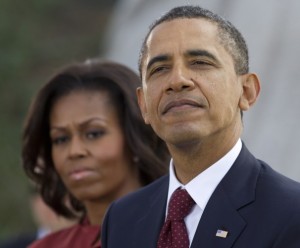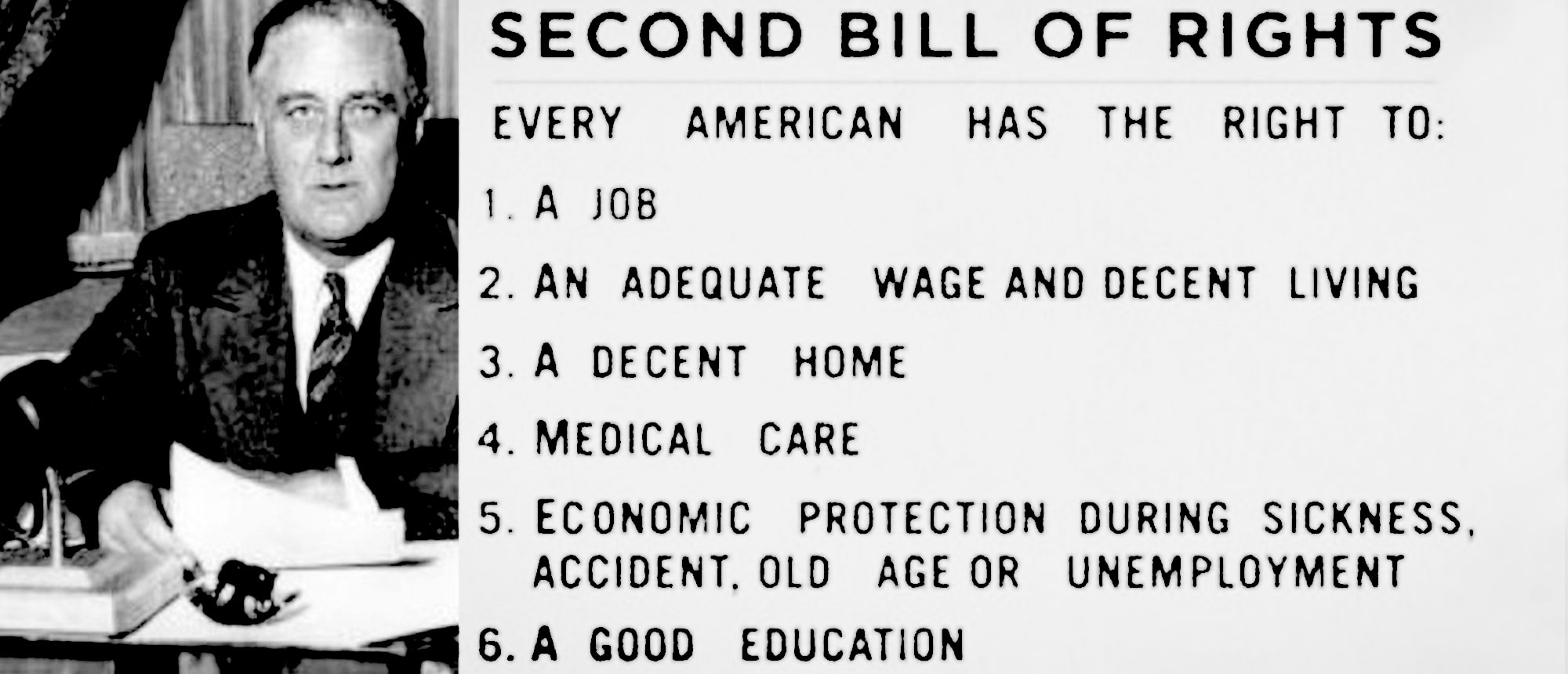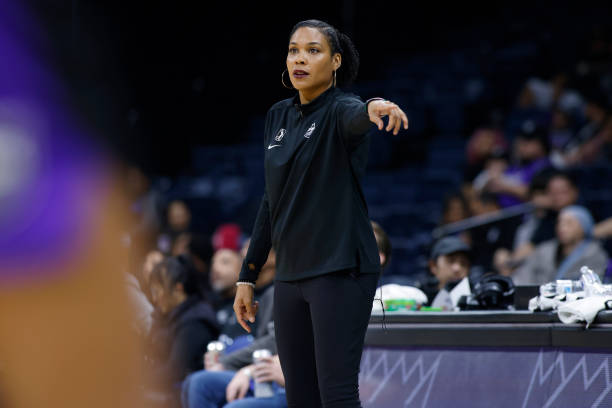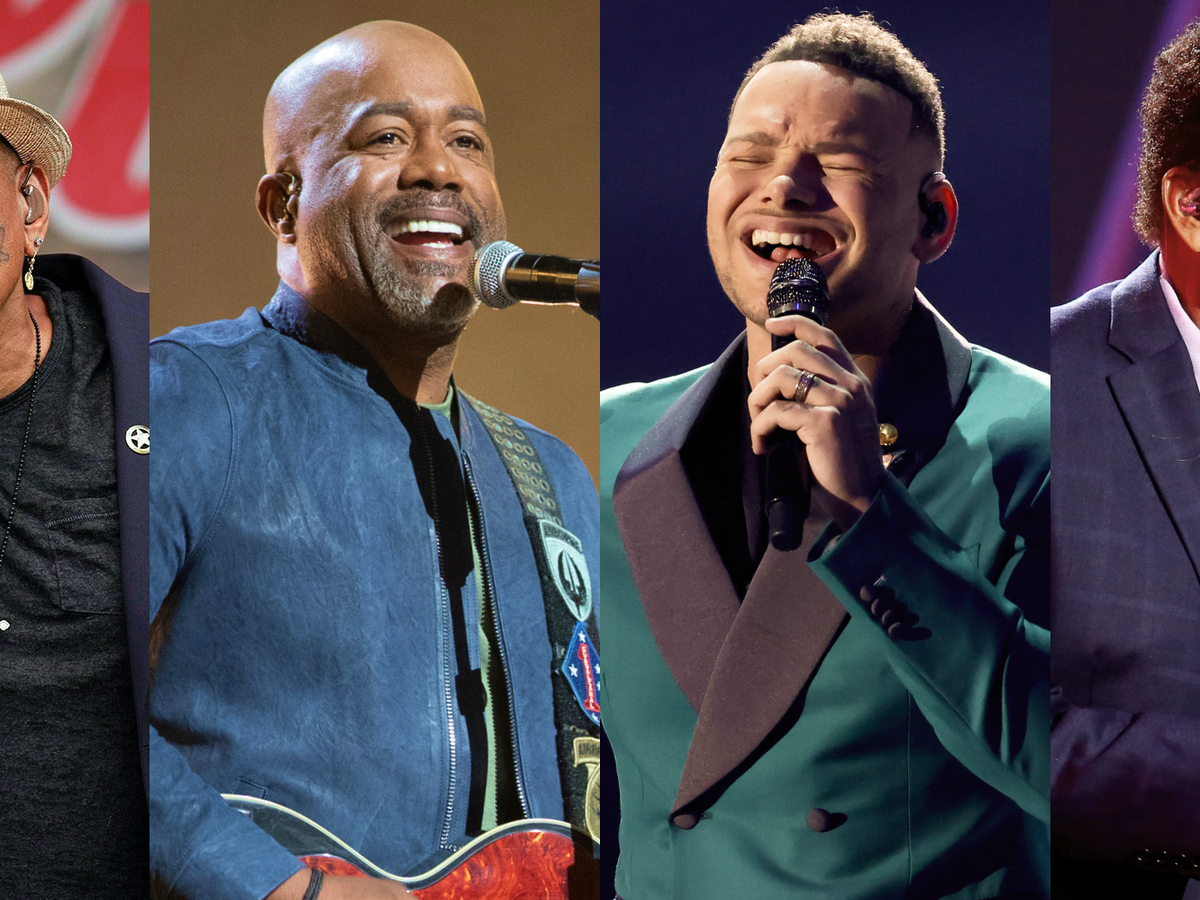(ThyBlackMan.com) Recently, when I expressed my concerns about the speech given by President Barack Obama at Morehouse College, I was met with both resistance and applause. The article received resistance from those who felt that I was being too hard on the president and that black men are certainly in need of a good verbal lashing for all the misbehaving being reported in the media. Apparently, black men possess inferior values, are more prone to criminal behavior, and love their kids less than white people do. At least that’s the story I’m hearing to justify disparate treatment.
The article received applause from those who’ve noticed a consistent trend in Obama speeches that shows that he speaks differently to black audience than he does to white ones. When I attended my daughter’s graduation at Barnard College (the women’s side of Columbia University) last year, I didn’t hear the white women in the audience being chastised in any way or being told that they were making excuses. I only heard the kind of typical political pandering that you would expect from any president. The women walked away believing that their president is working hard on their behalf and that they were respected.
When the president spoke at Morehouse College, the speech could be defined as a call to action at best, and intensely degrading at worst. There are some who don’t mind when the president panders to whites and ignores blacks. But it’s another thing when he panders to whites even more by publicly humiliating black people. When Bill Clinton came to Morehouse, the tone was entirely different: He could never get away with such a thing.
humiliating black people. When Bill Clinton came to Morehouse, the tone was entirely different: He could never get away with such a thing.
The easy argument in all of this is to remember that much of what the president says is true: Too many black men aren’t stepping up to the plate, nobody cares if you’re discriminated against, being black means you have to work twice as hard. I’ve known these things to be true for my entire life. But what the president and first lady lack when making these arguments is the kind of balance necessary to make their comments credible and not entirely one-sided.
The best way to help people understand where I’m coming from is with an example. Imagine a household where the father and daughter are having communication problems: The daughter won’t go to college, she sometimes uses drugs, she got pregnant at an early age and her father just found out that she’s a prostitute.
Out of concern for their daughter’s behavior, the family calls in Dr. Phil for counseling. After giving the father a firm handshake, he sits down with the family at the dinner table. Dr. Phil then goes into a tirade against the daughter, telling her that she needs to stop making excuses for missing school, that she got pregnant because she was being irresponsible, and that prostitution is a morally reprehensible profession.
The father smiles as Dr. Phil speaks, since the good doctor is repeating everything that he’s told his daughter in private conversation. Even the mother is glad to see that someone is telling her daughter what she needs to hear.
However, the mother is concerned. So, she takes the psychologist to the side and whispers, “Did you not read the part of the report that says that she was molested?”
The mother then reminds Dr. Phil that not only has her daughter been raped repeatedly by her father since the age of three, she has also been verbally abused and beaten. Also, her father has abandoned the home for several months at a time and even introduced his daughter to alcohol. Making matters even worse, he still abuses both the mother and the daughter on a regular basis, though not as much as he did in the past. Finally, she tells Dr. Phil that her daughter isn’t always misbehaving: In spite of her setbacks, she has shown tremendous progress in her life, overcome significant hurdles, and has even confronted her father about his contributions to her traumatic experience in the household.
The question at this point is: What does Dr. Phil do with this information?
He could take the easy way out. That would be to remind the concerned mother that her husband is the one who is paying his fee. He could then sit down with the young girl and give rudimentary acknowledgement of her troubled past, without pointing fingers.
He could say things like:
“I know you’ve gone through difficult experiences, but a lot of people go through tough times.”
“I’m sorry sweetie, but nobody cares that you were abused. Complaining will get you nowhere.”
“You may want to blame your father for your behavior, and some things may go wrong even today. But most of that’s in the past, and there’s nothing we can do about that.”
Responses like this show a few things: First, it shows that the psychologist is afraid of confronting the girl’s father about the role that he played in creating the conditions that the family faces today. By only focusing on the daughter’s behavior, he’s not truly seeking a solution to the problem. Instead, he is simply catering to the man who paid him so that he can collect his fee. His solution is a static one, which says that “I can’t speak about what your father is doing to you, I can only tell you how to overcome it. Your side of the story isn’t relevant. ”
Secondly, such a speech would fail to acknowledge all of the good things that the young woman has done to deal with her circumstances. Rather than seeing this as an opportunity to help her get further over the hump, the psychologist has used this as a chance to join with her dad in piling up on his daughter even further. He may pretend to be an objective outsider, but the truth is that Dr. Phil has inadvertently aligned himself with the man who is paying him. This makes his advice effectively null and void because it’s not coming with a credible set of incentives.
A more effective approach to this situation would be for Dr. Phil to ensure true equality. That means being as firm and as nasty with the girl’s father as he is with the daughter. As he tells the daughter that prostitution is not an acceptable profession, he must stand up to the girl’s father and tell him that the abuse has to stop right now. Additionally, he should tell the father that he owes his daughter an apology and perhaps even compensation for the damage that he did to her in the past. By speaking firmly to the girl’s father, he then gains the trust and credibility that will allow him to engage in tough love with the daughter.
If the psychologist is afraid to speak up to the girl’s father in the same way that he speaks harshly to the daughter, Dr. Phil is not a psychologist and family healer: He is nothing more than a bully. But his misguided words are protected because a) everything he says is true, and b) he can claim that his words are actually tough love. We all agree that prostitution is wrong, and even someone who loves the daughter dearly would tell her that she needs to stop using drugs.
The analogy here should be clear: White America represents the father in the household, poor black America represents the abused step child. Now, both the daughter and father are adults, but for many years, the father’s actions almost solely determined the trajectory and condition of the household. The mother represents those of us in the black middle and upper class, who’ve also endured the abuse, though not as harshly as other members of the family. Like that mother, we have the choice of either catering to the abusive father and biased psychologist, or standing up for our family member who has been mistreated.
If President and Mrs. Obama want to sit in front of black audiences and give their standard tough love speeches, they must do at least a few things. First, they can’t be afraid of white people. The speeches they give to white audiences should acknowledge the undeniable 400-year legacy of racism and economic abuse that white America has thrust upon the black community, thus creating the conditions that we see all around us today. They must also be unafraid to speak up about the abuses that continue to occur, such as racial profiling and biased drug laws that lead to the mass incarceration epidemic. To speak about black fatherlessness without discussing mass incarceration is like talking about the devastation in Oklahoma without mentioning the weather.
This week, I was told a story about how my great great grandfather owned a profitable cab company during the Prohibition era in the early 1920s. But his wealth was obliterated by whites when they planted liquor in his car and took away his company. Many of us know about how Black Wall Street was burned to the ground when whites in the town became upset about black prosperity. To talk about economic inequality today as merely a function of inadequacy on the part of African Americans is insulting, racist and incorrect.
The second thing the president and first lady need to do is give credit where it’s due. When you speak to a group of Morehouse graduates, you’re talking to a group of men who’ve made sacrifices that are every bit as meaningful as those made by the students at Barnard/Columbia. A commencement ceremony is the time to celebrate those achievements, and to re-affirm your commitment to helping eliminate racial obstacles that might keep these men from fulfilling their potential. It’s certainly not a day to tell them that “nobody cares if you were discriminated against.” Even the strongest supporters of our president know that if Obama had made such a remark to the white women at Barnard last year, he would have been attacked till the end of time.
Third, the president and first lady should speak to African Americans with as much respect as they speak to everyone else. When the president speaks to white audiences, he implies that he works for them. He mentions legislation he is supporting that is specific to their needs and reminds them that he is fighting on their behalf. When he speaks with black audiences, he mentions legislation that only coincidentally affects the black community and speaks to us as if we are the sole reason for our collective demise. This rhetoric gets nowhere when people return home to communities that are littered with drugs and guns and it’s easier for a black man to die than to get an education.
Of course there are those who feel that the Obamas can do no wrong, and even the most logical arguments need not apply. This is one of the pitfalls of allowing irrational infatuation with a heroic public figure to throw off your ability to engage in sound judgment. The political players that the White House tends to respect the most are those who support the Obamas, but also expect that their support is going to be reciprocated. Those who sign off on everything the Obamas do don’t have a place at the political table.
The bottom line is that no one wants a handout, they only want fairness. But in this day and age, even asking for equity can make you into a pariah. However, those who believe in truth must continue to lead the way, for healing the American family of the disease of racism is going to require tough love across the board, not bullying, pandering, and selective memory. We can certainly do better than that.
Staff Writer; Dr. Boyce Watkins
Dr. Boyce Watkins is the founder of the Your Black World Coalition. For more information, please visit http://BoyceWatkins.com.




















“The authentic concern should be followed up with authentic action.” – Florence
Well put Florence, that is the essence of my critique of the President.
In the very interesting anecdote, I would say that Dr. Phil represents White America, BAP or Black Upper Middle class who refuse to confront the establishment with their unequal system.
In the very interesting anecdote, I would say that Dr. Phil represents White America or BAP who refuse to confront the establishment with their unequal system.
In addition, I hope that much more people like Jill Nelson (who wrote Volunteer Slavery) or Ellen Holly (who penned One Life) will have the courage to write about the mainstream is still doing to us related to discrimination. It is by exposing them and fight them that we can go forward.
Johnny C. Taylor, Jr., president of the Thurgood Marshall College Fund said recently to graduates of North Carolina Central University: “Some will discriminate against you,” he told them. “Discrimination exists, just as gravity exists. But in spite of gravity, planes take off and trees grow. Gravity is omnipresent, but it is not omnipotent.” I strongly believe in that. Yes, racism exists and this is the reason why we do not have a choice even if it is not fair to do our 150%. Asians understand that education is highly important, they work together, share old exams, they study together. The results: many are in medical schools, etc. They open their businesses, they buy homes together and so on. As long as we will continue to be selfish by sharing very litlle information among ourselves, that we won’t post jobs in this website and others (I mentionned this by the way many times and the status quo remains)honestly I don’t see how things can be better. To finish, when I will see more of our people in bookstores and libraries instead of parties I will take you more seriously.
I had to think long and hard about this one. Probably because in and of itself it isn’t a new subject. Bill Cosby was criticized for the same flavor of comments he openly made, and there has been others through out the years. Yes a part of us want to say Why? Why make open and public comments like that about us? And there are other who say Right On, its about time somebody said something!
For me it is akin to the radical community centered movements I was involved in back in the day. Where you have various agencies that come together and renounce the various atrocities going on in the community, what needs to be done appoint committies to gather more information, hire an agency to do a study to come back and tell them the results of the study, have another meeting and so on and so on and so on.
Its not so much what the President said and or other folk like Bill Cosby, but the genuiness of what they claim to be a concern, and instructive reminders, to us as a people. The authentic concern should be followed up with authentic action. When a person gives such a speech as the president gave hopefully it “was” his speech and not some other writer’s, therefore he had to have thought about what he was going to say, including statistics, and any other information that goes along with the manner of speech he gave. Now Mr. President what are you going to do about it before leaving office, m-m-m-m-!
YOu know this article is more critiquing, the President, line and word, create messages, maybe the message was not for you, therefore. I our Graduates gave gruff, or opposition that would be totally different, I take these articles to be more about s stir of media turbulence than interpretation. Earning the right to speak plainly, to convey his thoughts, you have the power ask him to explain his address to Morehouse. I believe every Black person of color need to hear these statements as armor not as defeat, if armor reality check are offered, simple recognition identifies game. Why do you feel this is so intoxicating.